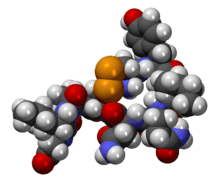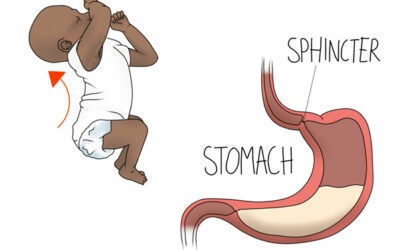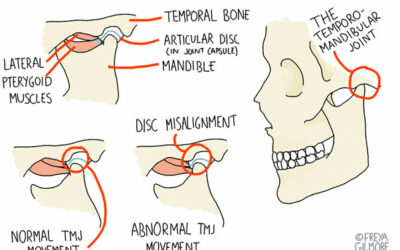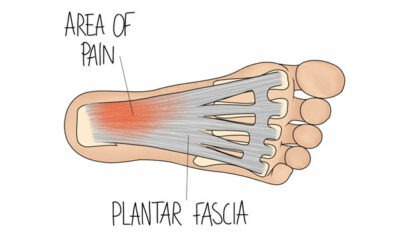 This image is what the ‘love’ molecule, oxytocin looks like.
This image is what the ‘love’ molecule, oxytocin looks like.
We all want it, we all need it and we can never have enough of it. As valentine day is approaching I would like to share with you some insights into this most wonderful hormone.
In the early 20th century oxytocin was attributed to only uterine contractions that initiates and aids child birth and also to lactation (let-down reflex) by encouraging the flow of milk through the breast.
This is all very nice and interesting but did you know that in order to get to that stage of labour and lactation oxytocin plays a very important role in social engagement which is a perquisite to the above mentioned.
It has now been shown that this love hormone has a very strong social and psychological effect as well as a physical one.
One of the strongest effects it has is on bonding, this may be between a young mum and her newly born child but also to a partner. There is some evidence pointing to children who have not had the opportunity to bond at a young age may lead to difficulties with relationships as a result of low level of oxytocin. Some interesting research is now taking place recognising the impact oxytocin has on social engagement. As a result, research is looking at the improvement in social interactions amongst autistic children who are given Oxytocin.
With valentine day ahead it is important to note that Oxytocin does promote sexual arousal however more importantly, Oxytocin increases in the blood when hugging and cuddling. It has also been shown to reduce stress and as a result improve your sleep pattern. So to get the best boost in oxytocin levels spend some time listening to your partner in an engaging manner. Try reading their mind and think about what they aren’t saying as well what they are voicing, go to bed together spend some time cuddling and bonding and bathe in the sense of belonging.
Get plenty of cuddles with anyone you can (socially permitting). Research shows that a cuddle of 20 seconds duration raised levels of oxytocin in the blood. Some good news for those who don’t like to be touched for too long, similar levels of oxytocin were detected after 9 seconds only. I do not recommend counting the seconds aloud as I’m sure that will reduce the sense of trust, love and a sense of belonging. Find out more about the Health Benefits of Hugging.
Have a lovely valentine’s day…. Love is in the air..



0 Comments